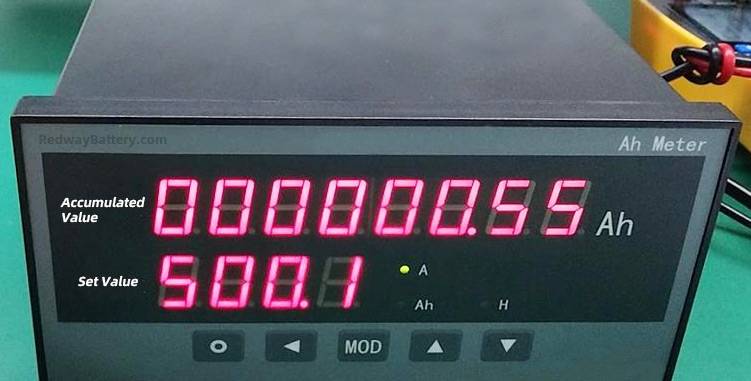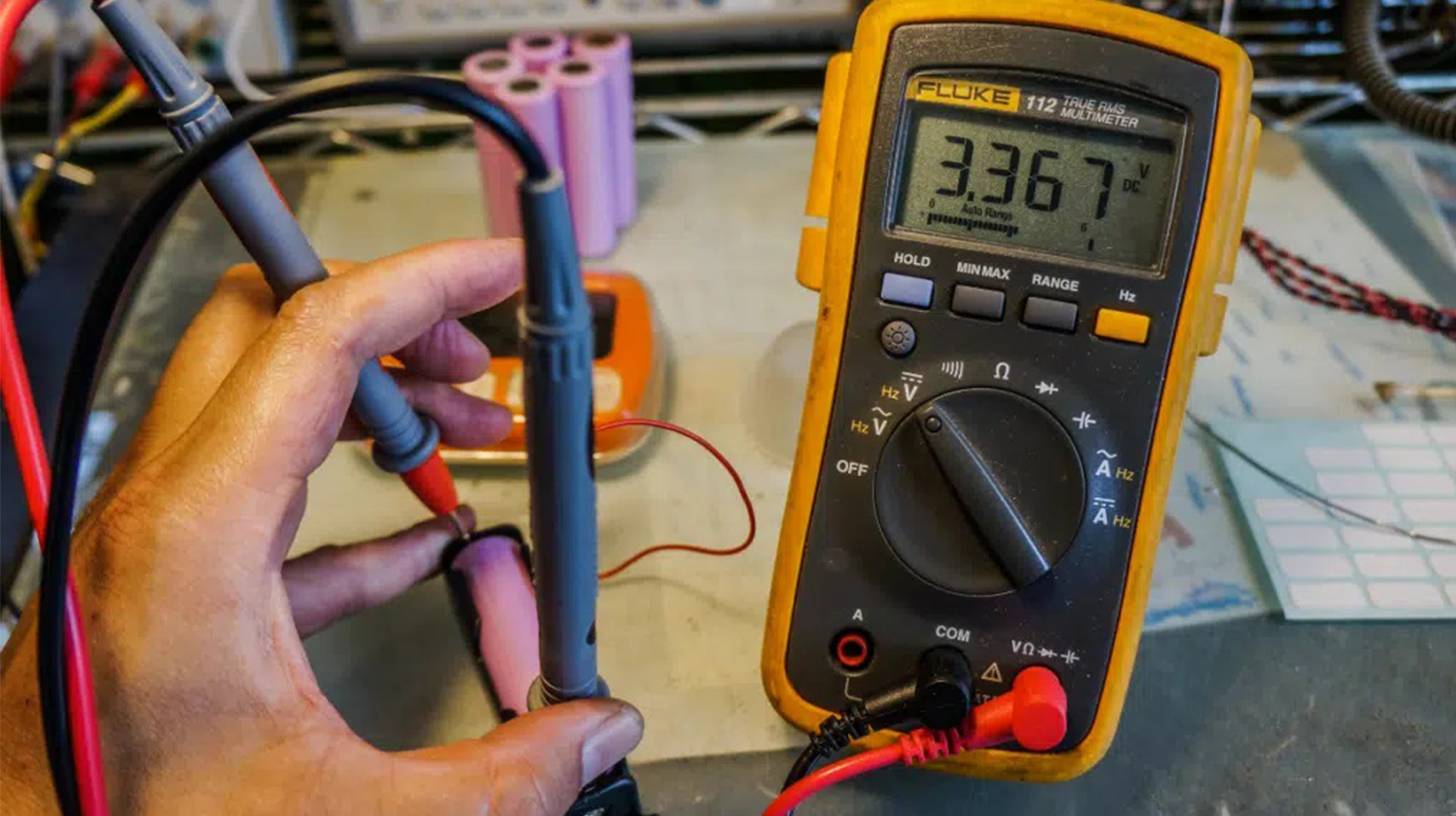An ampere hour (Ah) is a unit of electric charge that indicates how much current a battery can deliver over a specified time; understanding amp hours is crucial for evaluating battery capacity, runtime, and performance across various applications, from consumer electronics to electric vehicles.
What is an Ampere Hour and Its Definition?
An ampere hour (Ah), often abbreviated as A h, represents the amount of electric charge transferred by a steady current of one ampere flowing for one hour; this measurement is essential for understanding battery capacity and performance, as it quantifies how long a battery can sustain a given load.Chart: Understanding amp hours
| Unit | Definition |
|---|---|
| 1 Ah | Charge delivered by 1 amp for 1 hour |
| 1 mAh | Charge delivered by 1 milliamp for 1 hour |
| 3600 Coulombs | Equivalent charge in coulombs |
How is Ampere Hour Calculated and Measured?
The calculation for amp hours involves multiplying the current (in amperes) by the discharge time (in hours); for example, if a battery discharges at 5 amps for 2 hours, it has delivered 10 Ah.Chart: Example Calculation
| Current (A) | Time (h) | Calculation | Result (Ah) |
|---|---|---|---|
| 5 | 2 | 5 A × 2 h | 10 Ah |
| 10 | 0.5 | 10 A × 0.5 h | 5 Ah |
What is the Importance of Ampere Hour in Battery Capacity?
Amp hours are critical for determining how long a battery can power devices; knowing the amp hour rating helps users calculate runtime based on their specific energy needs, ensuring that they select batteries suitable for their applications.
How Do Charging Practices Impact Ampere Hour Ratings?
Charging practices significantly affect amp hour ratings; using appropriate chargers designed for specific battery chemistries ensures that batteries are charged efficiently without damaging their capacity; overcharging or using incompatible chargers can lead to reduced performance and lifespan.Chart: Charging Practices Impact
| Practice | Effect on Capacity |
|---|---|
| Proper Charger Use | Maintains amp hour rating |
| Overcharging | Reduces overall capacity |
| Regular Monitoring | Ensures optimal performance |
What Role Does a Battery Management System Play in Capacity Monitoring?
A Battery Management System (BMS) plays a vital role in monitoring battery health by tracking voltage levels, temperatures, and charging cycles; it helps ensure that batteries operate within safe limits, thereby preserving their amp hour capacity over time.
How Can You Extend the Life of Your Battery Based on Ampere Hour Knowledge?
To extend battery life:
- Avoid deep discharges by recharging before reaching low levels.
- Use chargers designed specifically for your battery type.
- Regularly monitor voltage and performance metrics to catch issues early.
Expert Views
“Understanding amp hours is fundamental for anyone working with batteries; it empowers users to make informed decisions about energy storage solutions,” states Dr. Sarah Thompson, an expert in renewable energy systems.
FAQ Section
- What does Ah mean in batteries?
Ah stands for amp hour, indicating how much current a battery can deliver over time. - How do I calculate how long my battery will last?
Divide the battery’s amp hour rating by the current draw of your device. - Can I convert mAh to Ah?
Yes, divide milliamp hours by 1000 to convert to amp hours (e.g., 2000 mAh = 2 Ah).
 Battery Ah Meter
Battery Ah Meter



